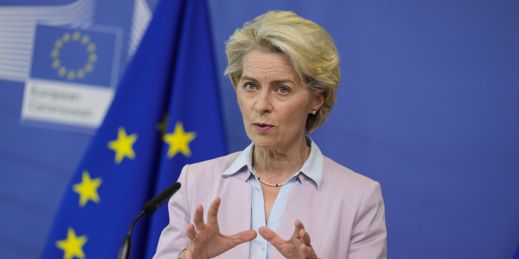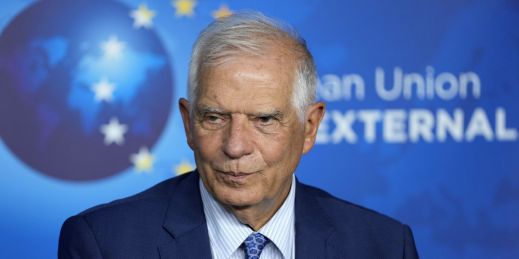
In Western liberal democracies, anti-China rhetoric seeks to embolden patriotism among Western citizens and provide a clear framework around which to rally the public. In practice, however, this pattern of behavior reveals more about the West than it does about Beijing. It also works to undermine key premises of liberal democracy.



